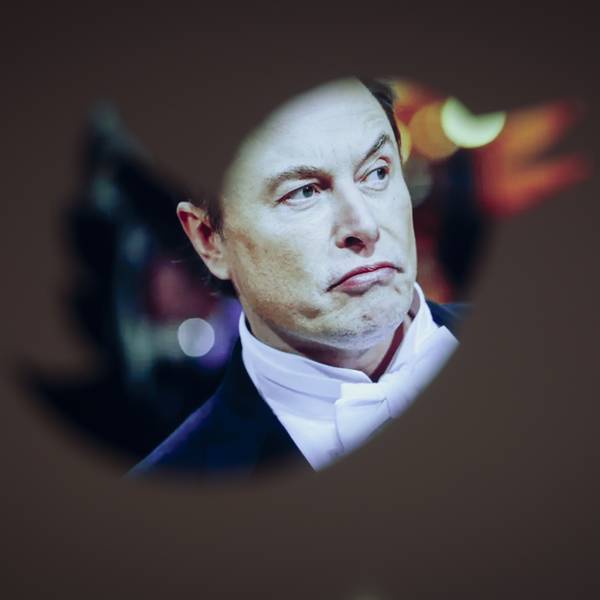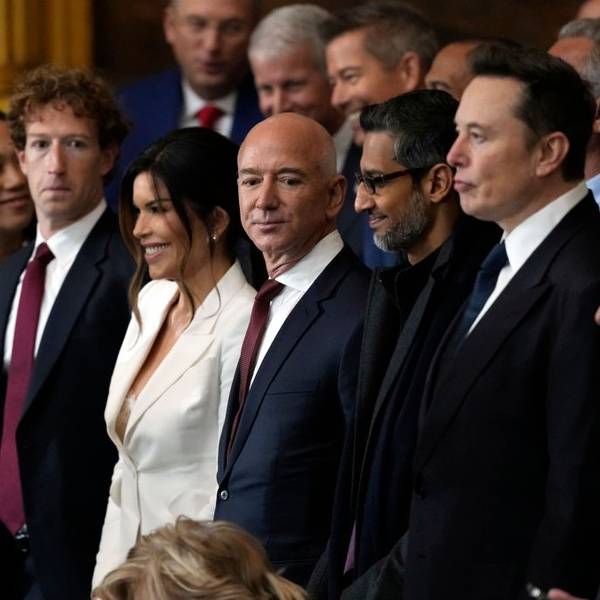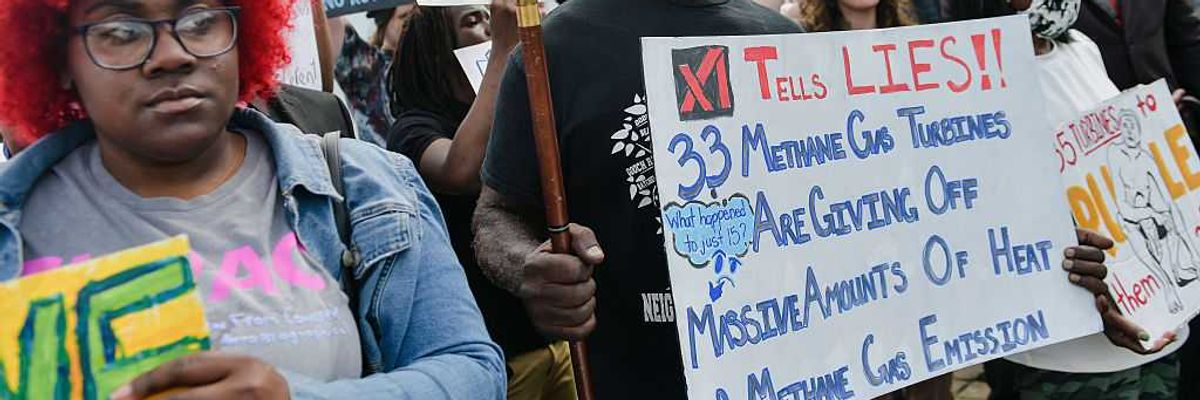The NAACP and the Southern Environmental Law Center are moving to sue Elon Musk’s xAI artificial intelligence company for alleged violations of the Clean Air Act. The company has been accused of illegally operating several dozen diesel-fueled turbines to power Musk’s “Colossus,” a massive data center located on an old industrial lot.
According to SELC, the company operated those generators to power Colossus—and released toxic pollutants—without even applying for a permit to use them.
This entire saga is an excellent example of why public interest lawsuits and strong environmental regulations are critically important. Unfortunately, both are under attack on multiple fronts. The Trump administration and the US Supreme Court have both moved to seriously weaken the Clean Air Act and the Clean Water Act. The White House and the Roberts court, joined by many “supply-side liberals” and proponents of the “abundance agenda,” are also attempting to impeach environmental regulation and public interest lawsuits in the court of public opinion.
Musk’s Memphis misadventures are a case in point of why that’s so dangerous.
No prominent abundance proponent has even attempted to square Musk’s actions with their insistence that we need to remove opportunities to sue to block development.
Colossus went into operation while adroitly sidestepping the democratic process. By dangling promises of tax revenues and economic development, xAI was able to begin operating its massive data center with even some city officials totally oblivious to the process. A company representative who was supposed to speak at a public meeting with the county commission played hooky. Add it all up and it demonstrates how, especially at the local level, powerful corporations are able to completely circumvent basic democratic accountability. In those cases, public interest lawsuits are a final backstop to protect the community’s well-being.
When the government refuses to enforce the laws and allows corporations to run amok, it falls to activists and community groups to force its hand. This is the central premise of Public Citizen founder Ralph Nader’s decades of progressive politics, and something that many centrist Democratic pundits have begun to deride.
What such pundits invariably miss, however, is that despite Nader’s successes, there are still innumerable instances where governments fail to hold powerful corporate interests accountable. In an emblematic example, Ezra Klein and Derek Thompson argue in their bestseller Abundance that, while Nader’s approach was important in the late 1960s and early 1970s, we are now at a juncture where such litigation serves mostly to delay important policy implementation and no longer serves a critical purpose. But for all too many disproportionately poor and majority-minority communities like South Memphis, a public interest lawsuit of the sort denigrated in sweeping fashion by pundits is their last, and honestly only, means of protecting themselves.
The framework deployed by the abundance movement, which is echoed by the Trump administration and the Supreme Court, assumes away instances like xAI in Memphis. Indeed, no prominent abundance proponent has even attempted to square Musk’s actions with their insistence that we need to remove opportunities to sue to block development.
Unfortunately, Musk’s machinations along the Mississippi are part of a longstanding pattern of the government ignoring, and sometimes engaging in, development that poses acute harms to vulnerable—disproportionately majority-minority and poor—communities. South Memphis has been repeatedly left exposed to toxic waste by exploitative industrial practices and government neglect. The Tennessee Valley Authority dumped its toxic coal ash waste there. The same exact site where Colossus now sits once hosted a polluting factory.
And it isn’t just South Memphis. Across the United States, there are abundant examples of communities hung out to dry. The corridor of petrochemical factories between Baton Rouge and New Orleans, Louisiana, for example, has been dubbed “Cancer Alley” because its residents are subjected to such high levels of carcinogenic pollution. Other areas with heavy fossil fuel infrastructure are called “sacrifice zones” because of how much cancer and chronic disease residents endure.
Even now waste facilities are almost always sited in poor neighborhoods that don’t have the wealth and political capital to block them. Lawsuits are the final bulwark to defend those communities. Calling for them to taken off the table is dangerous, especially with the White House and Supreme Court eager to ape such talking points to justify removing any means of blockading the whims of the powerful.




